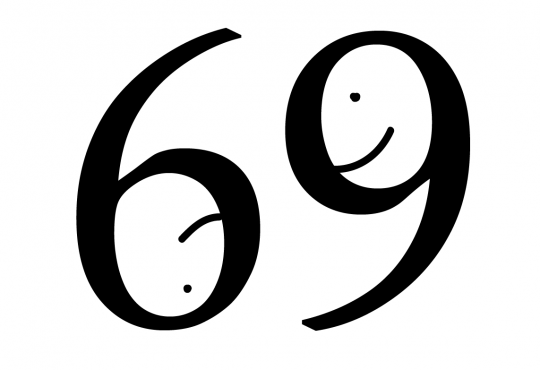An increasing number of people have been discovering that monogamy is not their ideal relationship structure.
Some may feel that their sweetheart lives too far away for either party to be getting everything they need and/or want out of the relationship. Others might find themselves attracted to more than one person and want to explore those attractions ethically and with the consent of everyone involved. Still others might find that they want to focus the bulk of their energies on themselves, but still want to engage in meaningful relationships that don’t come with preconceived expectations of what romantic partners “owe” each other.
Open relationship is the umbrella term that encompasses these and many other relationship orientations that allow for loving and/or sexual relationships with more than one person.
Open relationships include but are not limited to friends with benefits, f*** buddies, swinging (archaically and misogynistically known as “wife-swapping”) and having kinky “playmates.” Other arrangements are more difficult to label, like two people in a long distance relationship who decide that activities “above the belt” are okay, as long as they don’t impact the primary relationship.
Sometimes, people who open their relationships find that love is not a finite resource, and that they are in fact capable of loving more than one person and even sustaining romantic relationships with more than one person. These people are called polyamorous: poly meaning “many” and amorous meaning “loves.”
Cheating is something else entirely; cheating is when someone has sexual contact or falls in love with someone else without the knowledge or consent of their primary partner. Cheating often leads to dishonesty or keeping important parts of who you are from people you love.
Non-monogamous people might append the word ethical to distinguish it from adultery, cheating and dishonesty. Ethical non-monogamy emphasizes open communication and honesty, both with yourself and with your lover(s). Ethical non-monogamists generally agree that being authentic and open about who you are, who you love and to whom you are attracted leads to deeper and more satisfying relationships.
A common misconception about non-monogamy is that it is an excuse for people not to commit, or that it’s a phase that young people will grow out of when their sex drive dies down. This may be true for some people, but the most successful non-monogamous relationships actually require a great deal more commitment, particularly when it comes to communicating and respecting the wishes and needs of all people involved.
Jealousy is often the first thing that many people think of when they hear “open relationship.” Jealousy, much like fear, is a completely natural emotion that can arise from feeling insecure, from thinking that your partner will find someone “better” or from feeling like you aren’t getting enough attention or love from your sweetie.
Much like fear, though, jealousy is not a good reason to resist change. People who confront their fears often need to engage in critical self-reflection, which allows for tremendous personal growth. Even if you aren’t opening up your relationship, assigning “rules” to keep from getting hurt doesn’t allow you to address the root of those negative feelings and/or worries.
Jealousy can be abated by cultivating trust—when you trust your beloved to consider your feelings and listen when you express your scary emotions, you can rest assured knowing that you and your relationship are important.
In the article “The Personal is Still Political: Heterosexuality, Feminism and Monogamy,” in Feminism & Psychology, authors Stevi Scott and Sue Jackson talk about trust and monogamy: “Why should monogamy be equated with security? We talk a great deal about the importance of trust in relationships, but if everything important is circumscribed then there is no need for trust. Trust is necessary in a context of risk. Forbidding something and then ‘trusting’ someone not to break the rules somehow misses the point.”
Of course, any relationship, monogamous or open, will have its ups and downs. People in open relationships do not suffer frustration any more or less than monogamous people do. Instead, they open themselves up to more diverse opportunities for sexual satisfaction, love and authenticity.
Though monogamy is a completely valid choice for a relationship structure, it has the tendency to be an unintentional decision; too often, people “fall into” monogamous relationships simply because they are attracted to one another, without ever considering what they may or may not be willing to offer the other person. Conversely, because there is no assumed expectation for what non-monogamy looks like, people in open relationships consciously and intentionally decide what works and doesn’t work for them.
Look forward to an exploration of the pros and cons of open relationships, how one might bring up opening their relationship to existing loves, how to talk respectfully to people with alternative relationship structures and more in next week’s issue!






